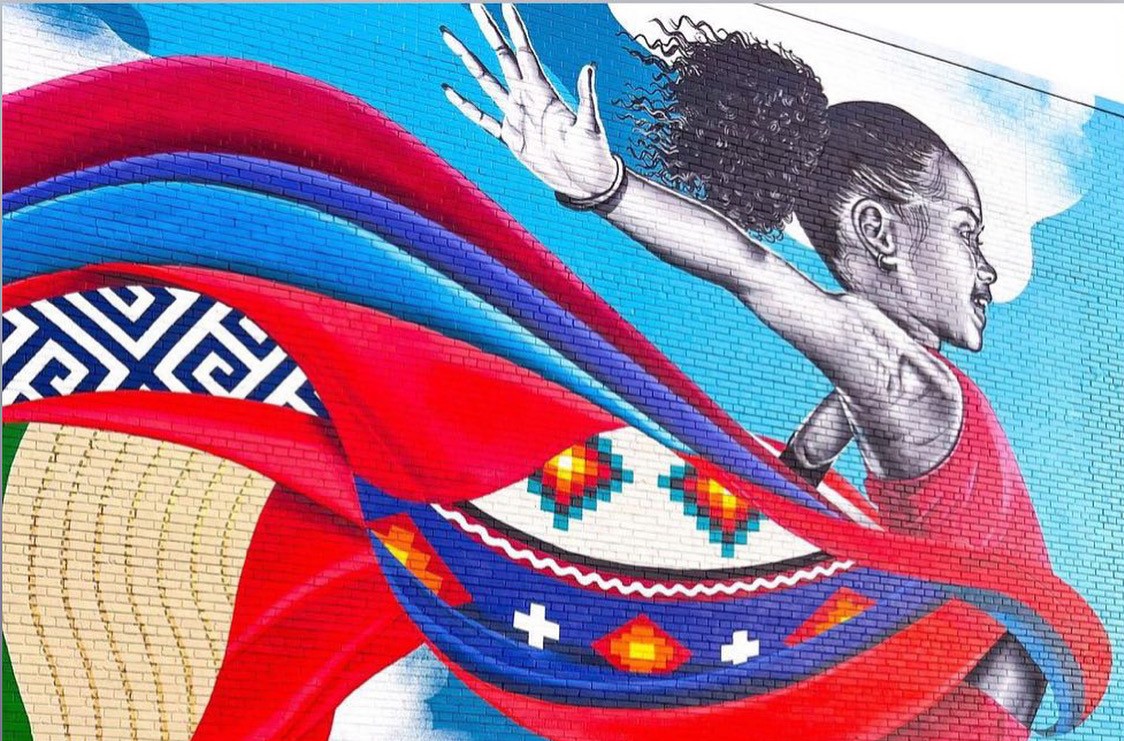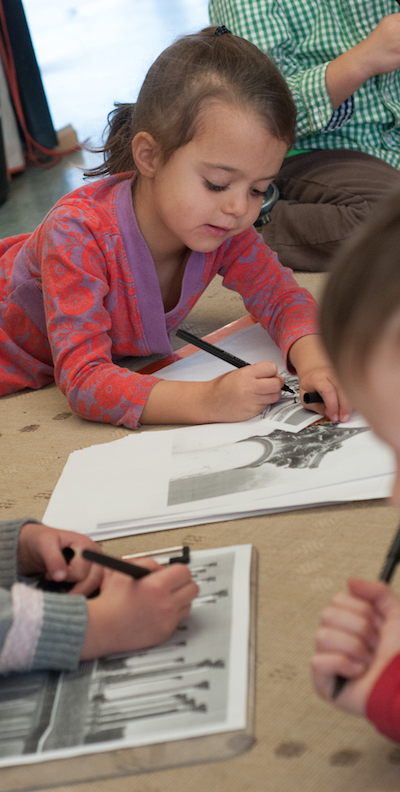Basic Principles of the Reggio Approach
Image of the Child
View children as competent, capable learners and valued citizens of the community.
The Hundred Languages of Children
Give students multiple forms of expression to communicate their understanding of the world.
Collaboration
Foster dynamic, collegial working relationships between teachers, parents, and children.
The Project Approach
Build upon natural curiosity to enable questions, connections, problem solving, reflection, and more.
Documentation
Make visible the thinking, understanding, and processes of student development and learning.
The Environment as the Third Teacher
Provide learning environments that engage children’s senses and generate curiosity.
> Full description of the Reggio Emilia Principles
> Read The Hundred Languages of Children poem by Loris Malaguzzi
> Read about how SWS has adapted the Reggio approach into a project-based approach to education which enables children to influence the direction of their learning and delve deeper into long-term learning experiences while aligning with the Common Core State Standards.
At SWS, Students Construct Meaningful Knowledge Together with Peers, Teachers, and Other Adults
Our society increasingly requires that citizens think creatively and work cooperatively to solve problems. Much of the research on learning and the brain emphasizes a shift in education away from the transmission of knowledge from teacher to students to and towards the construction or co-construction of knowledge by students in cooperation with their peers, their teachers, and other adults.
In their book, Making Connections: Teaching and the Human Brain, Rennata and Geoffry Caine describe two kinds of knowledge: surface knowledge and meaningful knowledge:
Surface knowledge is based on memorization of facts that are only a part of what children need to know.
Meaningful knowledge is the knowledge that comes from being able to perceive relationships, create new meanings, develop new insights and solve problems; it is based on creative process that engages students intellectually and does not limit learning to predetermined outcomes.


